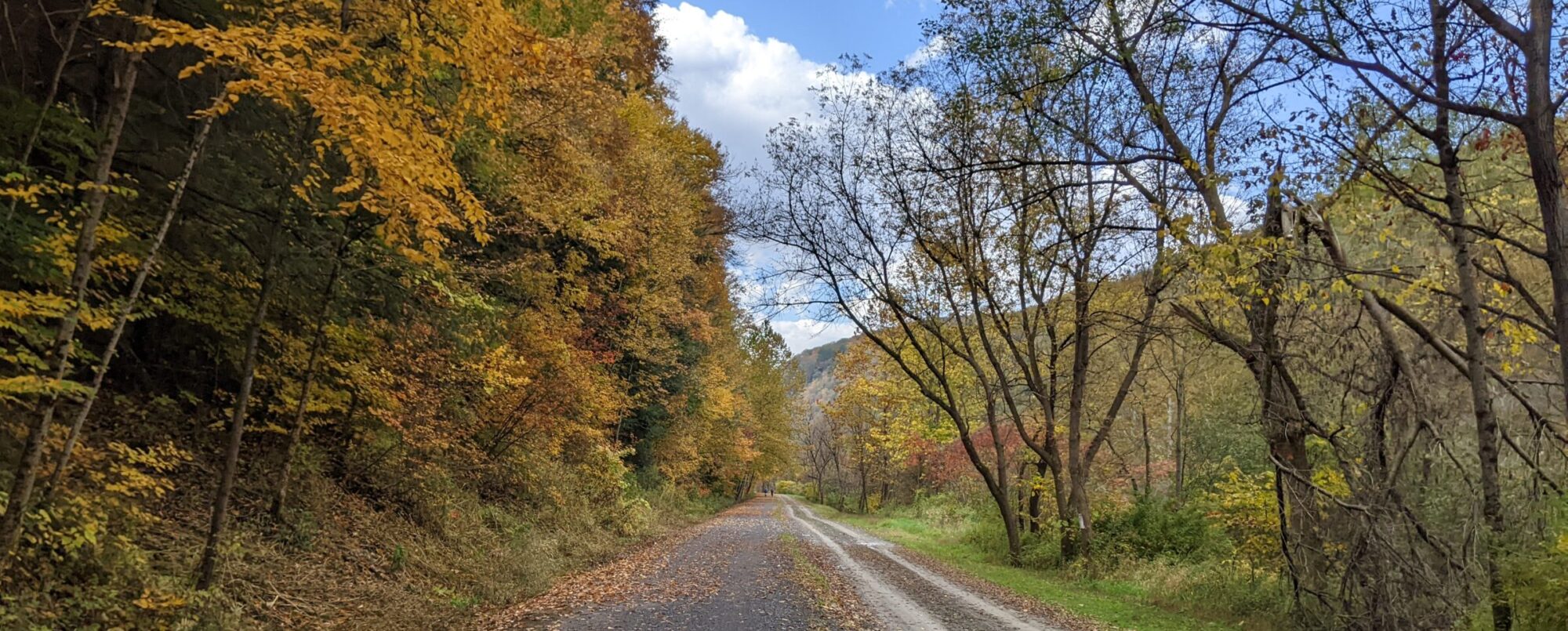Note from Kate: This was originally published January 4, 2010, on the Science Careers blog, which has since turned to internet dust. Here’s a Wayback Machine version.)
As we waved goodbye to the Noughties (a term I hadn’t actually heard until about 2 weeks ago) and welcomed 2010, I found myself doing the annual personal inventory of what I accomplished last year and what I want to do in the next. I kept coming back to a question I heard repeated over and over a few months ago: “How are you going to have no regrets on Sunday?”
This isn’t a question about Catholic guilt (unless you want it to be): It’s a question for anyone who’s due (or overdue) for a hard look at his or her personal goals and career interests. It came from Peter Hawkins, director of the Windmills program, who gave the closing plenary talk at the Vitae Researcher Development Conference in September. He had asked us to think of our lives as a week: You’re born on Monday morning. Monday night, you’re 12 years old. By Tuesday night, you’re 24; Wednesday, 36 years old; and so on.
Sunday is the last “day” of your life (“If you do the health and fitness stuff, you might have a bank holiday Monday,” Hawkins quipped). “Where are you in the week?” Hawkins asked. “Where are the people who are important to you in your life? Wherever you are in your week, how are you going to have no regrets on Sunday?”
He led us through a series of exercises to get us thinking about how each of us would answer that question. He started by asking, of the hundreds of skills you have (yes, you have hundreds of skills), do you know which five or six you really love using? What are they? Then, are you maximizing those skills in a way that inspires you every day?

The next set of exercises came from Monday morning — childhood, in other words. He used six things found on a playground to frame the discussion: Swings (life is full of ups and downs), see-saw (you’ve got to find balance), a roundabout (merry-go-round to Americans — life can spin us in circles), a climbing frame (there are obstacles), a bench (the community around you), and a slide (the things you need to do to take the plunge).
I thought the series of questions he asked for some of these items were useful, so I’ll share them here.
To avoid getting stuck in the roundabout, think about what you’d like to achieve in four areas:
- In terms of work, what would you like to achieve? What is important in the next 10 or 20 years of your career to have no regrets on Sunday?
- What would you like to learn? What skills and talents would you like to acquire?
- In terms of playing and having fun, what would you like to accomplish? Have you focused on your passions? Have you travelled as much as you’d like? Pursued hobbies you’ve dreamed of doing?
- What would you like to do in terms of giving? “In a hundred years’ time, you won’t be remembered for the size of your house, the size of your bank balance, or the speed of your car. You’ll be remembered for whose lives you’ve touched,” Hawkins said. How have you used the skills you’re passionate about to give to others?
Then, the obstacles: What is the biggest barrier that’s preventing you from having no regrets about what you can accomplish? Then, question it. If it’s time, how much time? If it’s money, how much money? “Is the barrier a real barrier or is it just a reasonable excuse not to live your life?” Hawkins asked.
Next, who is sitting on your bench supporting you? Who are your mentors? Who is missing from your bench?
Finally, think about one thing you could do to push yourself down the slide to accomplish your goals. “What leap of faith are you going to take your personal or professional life forward?” he asked.
At the conference in September, these exercises meant different things to different people at my table. For some, it was a very career-oriented exercise. For others, the questions struck an intensely personal chord. Grab a notebook and answer those questions for yourself if you’d like — I surprised myself when I saw my answers on paper. If you have a half an hour or so, you can watch Hawkins’ presentation on the Vitae Web site. Hawkins also has more exercises on the Windmills Web site.
“We only have one shot at it,” Hawkins said at the end of the talk. “We’re all going to have the ups and downs, we’re all going to have challenges with the balance. We’re all going to go around in circles. Find the right people on your bench, and take the plunge.”
